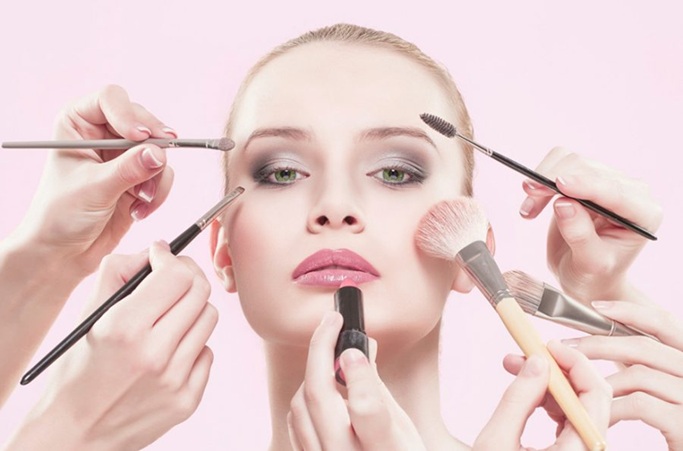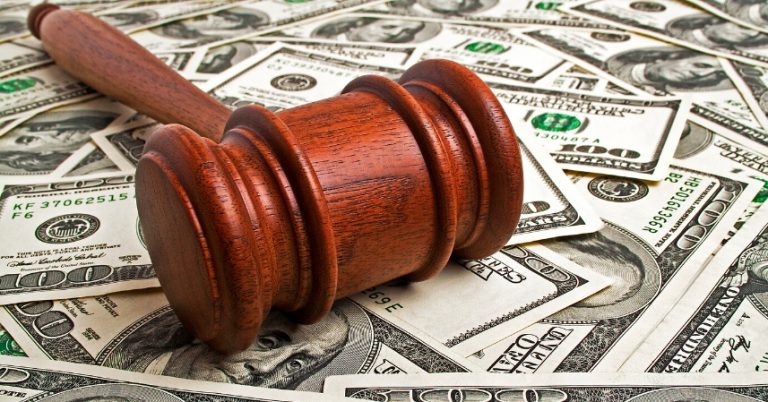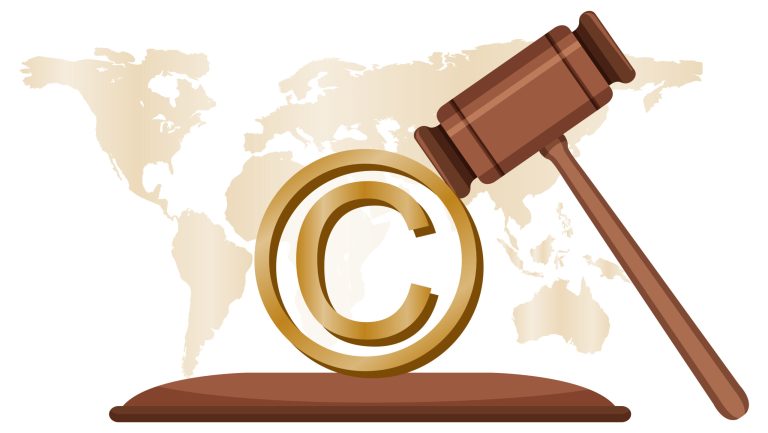
The beauty industry is booming, driven by innovation, social media trends, and an ever-growing demand for personal care services. But behind the glossy finishes and flawless results lies a critical aspect every beauty business must address: legal compliance. Whether you’re a freelance aesthetician or running a full-service salon, understanding the regulatory framework is essential to building a trustworthy and sustainable brand. From hygiene protocols to licensing requirements, overlooking legal responsibilities can result in fines, closures, or damaged reputations. This guide will walk you through the key compliance areas so you can focus on delivering beauty—without risking your business’s integrity.
1. Understanding Licensing Requirements
One of the first and most fundamental steps in establishing a beauty business is ensuring all practitioners hold the appropriate licenses. Depending on the region, this may involve specific certifications for cosmetology, esthetics, or specialized services such as microblading or laser treatments.
For example, if you’re offering brow lamination training or services, you may need additional state-specific certification or registration. It’s vital to verify with your local health and licensing board to understand what’s legally required in your area. Staying current with renewals and continuing education requirements can also protect your license from being revoked or suspended.
2. Adhering to Health and Safety Regulations
Clients expect cleanliness and safety as much as skilled artistry. Beauty professionals must comply with health codes that cover sanitation procedures, equipment sterilization, waste disposal, and even staff hygiene practices.
Failure to adhere to these regulations can lead to customer complaints, surprise inspections, or even legal action. Keep a sanitation checklist, conduct regular staff training, and ensure products used are properly stored and within expiry dates. Don’t forget about the physical space—clean surfaces, proper ventilation, and adequate lighting all contribute to a legally compliant and client-friendly environment.
3. Product Compliance and Labeling
If your business manufactures or sells cosmetic products, you must meet legal standards for ingredients, labeling, and claims. This includes compliance with regional regulations such as the FDA (U.S.), EU Cosmetics Regulation (Europe), or TGA (Australia).
All beauty products must list ingredients accurately, warn of potential allergens, and avoid misleading claims. If your products make therapeutic promises, they might be classified differently (e.g., as drugs or medical devices) and subjected to stricter scrutiny. Always source materials from reputable suppliers and maintain records of formulations and testing for liability protection.
4. Client Consent and Documentation
Consent forms aren’t just good practice—they’re legal safeguards. Services that involve skin penetration, chemical treatments, or significant alteration of appearance should always be preceded by documented informed consent.
A well-crafted consent form should outline the procedure, risks, aftercare instructions, and any contraindications. It should also give clients an opportunity to disclose medical conditions or allergies. Digital or paper records must be stored securely and comply with data protection laws such as GDPR or HIPAA, depending on your location and clientele.
5. Employment Laws and Staff Management
Whether you hire full-time employees or engage independent contractors, understanding employment laws is non-negotiable. Misclassifying workers can lead to hefty penalties. Ensure contracts clearly define roles, pay structures, benefits, and workplace expectations.
Moreover, staff must be trained not only in beauty procedures but also in customer service, workplace safety, and discrimination or harassment policies. Maintain a staff handbook, conduct regular performance reviews, and document any incidents or complaints to safeguard your business legally.
6. Insurance and Liability Coverage
Even with the best intentions and practices, things can go wrong. That’s why having the right insurance coverage is crucial. Public liability, professional indemnity, and property insurance should all be considered essential.
Insurance helps protect your business against claims resulting from accidents, allergic reactions, or unsatisfactory treatments. Be honest with your insurer about all services offered and review your policy annually to ensure it remains adequate as your business grows or diversifies.
7. Advertising and Social Media Disclosures
In the digital age, beauty businesses often rely heavily on influencers and social media advertising. But promoting services online comes with its own set of legal rules. Truth-in-advertising laws require that all promotions be honest and not misleading.
If you partner with influencers or offer discounts in exchange for reviews, ensure proper disclosures are made using hashtags like #ad or #sponsored. Misleading advertising not only damages credibility but can also attract regulatory fines or lawsuits.
Conclusion
Legal compliance in the beauty industry may seem daunting, but it’s a critical foundation for long-term success. By understanding your obligations in licensing, health and safety, product regulations, staffing, insurance, and advertising, you can protect your brand and build trust with clients. Whether you’re offering simple facials or advanced brow lamination training, compliance should never be an afterthought. Staying informed, proactive, and organized ensures that your beauty business not only looks good—but operates with integrity, too.




